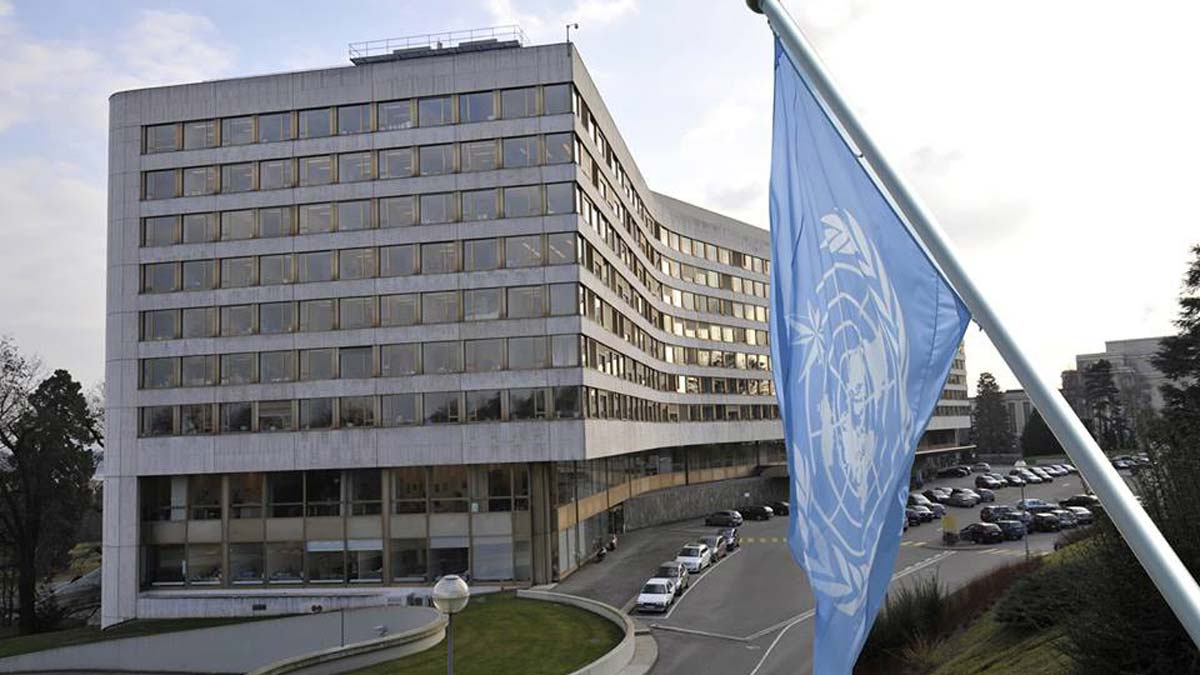Nigeria attracts $2.6bn FDI in 2020 amid global downturn

UNCTAD Headquarters
Global foreign direct investment (FDI) collapsed in 2020, falling 42% from $1.5 trillion in 2019 to an estimated $859 billion, according to the latest UNCTAD Investment Trends Monitor, with Nigeria earning $2.6billion of the global volume.
According to the trade body, such a low level was last seen in the 1990s and is more than 30% below the investment trough that followed the 2008-2009 global financial crises.
Despite projections for the global economy to recover in 2021 – albeit hesitant and uneven – UNCTAD expects FDI flows to remain weak due to uncertainty over the evolution of the COVID-19 pandemic. The organization had projected a 5-10% FDI slide in 2021 in last year’s World Investment Report.
“The effects of the pandemic on investment will linger,” said James Zhan, Director of UNCTAD’s Investment Division. “Investors are likely to remain cautious in committing capital to new overseas productive assets.”
According to the report, the decline in FDI was concentrated in developed countries, where flows plummeted by 69% to an estimated $229 billion.
In Africa, Nigeria, the continent’s largest economy attracted a total FDI of $2.6 billion in 2020 down from the $3.3 billion it attracted a year earlier. South Africa, a major competitor for FDI inflows in Sub Saharan Africa attracted less with $2.5 billion the report highlights.
According to the latest data from the National Bureau of Statistics (NBS), the total value of capital importation into Nigeria stood at $1.46 billion in the third quarter (Q3) of 2020. This represents an increase of 12.86% compared to Q2 2020, and -74.03% fall from Q3 2019.
The largest amount of capital importation by type was received through Other investment, which accounted for 43.75% ($639.44million) of total capital importation, followed by FDI, 28.38% ($414.79million), and Portfolio Investment 27.87% ($407.25million) of total capital imported in Q3 2020.
Egypt recorded the highest influx of FDI among African countries with a total inflow of $5.5 billion representing a whopping 38% drop. Despite the drop, Egypt remains the top investment destination in Africa.
According to the UN report, “FDI flows to Africa declined by 18% to an estimated $38 billion, from $46 billion in 2019. Greenfield project announcements, an indication of future FDI trends, fell 63% to $28 billion, from $77 billion in 2019. The pandemic’s negative impact on FDI was amplified by low prices of and low demand for commodities.”
Flows to North America fell 46% to $166 billion, with cross-border mergers and acquisitions (M&As) dropping by 43%. Announced greenfield investment projects dropped 29% and project finance deals tumbled by 2%.
The United States recorded a 49% drop in FDI, falling to an estimated $134 billion. The decline took place in wholesale trade, financial services and manufacturing. Cross-border M&A sales of US assets to foreign investors fell by 41%, mostly in the primary sector.
On the other side of the Atlantic Ocean, investment in Europe dried up. Flows fell by two-thirds to -$4 billion. In the United Kingdom, FDI fell to zero, and declines were recorded in other major recipients.
But Europe’s overall FDI performance masks a few regional bright spots. Sweden, for example, saw flows double from $12 billion to $29 billion. FDI to Spain also rose 52%, thanks to several acquisitions, such as private equities from the United States Cinven, KKR and Providence acquiring 86% of Masmovil.
Among other developed economies, flows to Australia fell (-46% to $22 billion) but increased for Israel (from $18 billion to $26 billion) and Japan (from $15 billion to $17 billion).
Source: t.guardian.ng





